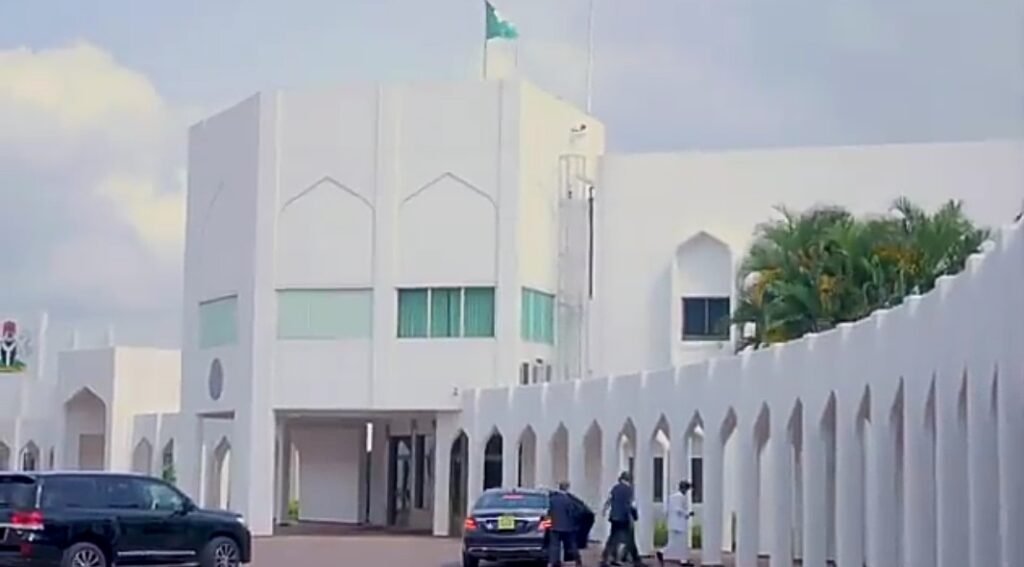NIGERIANS have lost significant faith in some of their most important public institutions, with the police, the presidency, and the federal government ranking among the least trusted, according to a new national survey released by Chatham House in partnership with the National Bureau of Statistics (NBS).
The survey obtained by News Point Nigeria, published under the Social Norms and Accountable Governance Project, examined how institutional trust or the lack of it shapes governance and accountability across countries.
Findings from the report paint a sobering picture of public perception in Africa’s most populous nation. Nearly 46 per cent of Nigerians said they “greatly distrust” the police, compared to only seven per cent who expressed strong trust.
The presidency and federal government fared only marginally better.
According to the study, 36 per cent of respondents said they greatly distrusted the presidency, while 35 per cent expressed deep distrust of the federal government.
Other arms of governance, including the courts, local councils, and state-level politicians, also received poor ratings, suggesting a systemic collapse of trust across Nigeria’s public institutions.
The report links this erosion of trust to decades of failed governance reforms. Despite more than 25 years of anti-corruption campaigns, the researchers argue that these efforts have not delivered real accountability.
Instead, political systems built around party loyalty, unpunished wrongdoing, and selective enforcement of laws have undermined confidence in state institutions.
The consequences, Chatham House warns, are dire: public funds are diverted away from essential services, the cost of living continues to rise and security challenges worsen as citizens lose faith in state protection.
“Corruption has not only weakened Nigeria’s economy but corroded public trust in governance, fuelling repeated crises of legitimacy,” the report noted.
The survey also revealed a deep contradiction in Nigerians’ values.
59 per cent of respondents agreed that in their communities, power matters more than honesty. Yet, 73 per cent also said people feel bad when others are exploited.
Researchers argue this contradiction reflects the harsh social and economic environment many Nigerians face, forcing citizens to prioritize self-preservation even while holding on to a collective yearning for fairness and justice.
Despite widespread cynicism, the study identified pockets of optimism. Nearly half of Nigerians surveyed believe their local communities would be willing to monitor public spending on development projects.
According to Chatham House, this level of civic readiness exceeds the global threshold needed to create effective citizen-led accountability movements.
The report suggests that anti-corruption strategies could be more successful if they tap into this underlying desire for fairness, empowering communities to demand transparency from leaders.
The findings come at a critical time as the Federal Government intensifies efforts to expand its tax base. The report cautions, however, that without public trust, Nigerians are unlikely to voluntarily comply with tax reforms.
To rebuild confidence, the researchers recommend that political leaders demonstrate clearly how taxes translate into public services, a move they argue could strengthen the fragile relationship between citizens and the state.
“Nigeria is faced with a fundamental question: how to reduce the cost of being honest in a system where corruption is entrenched and formal institutions are widely distrusted,” the report concluded.







